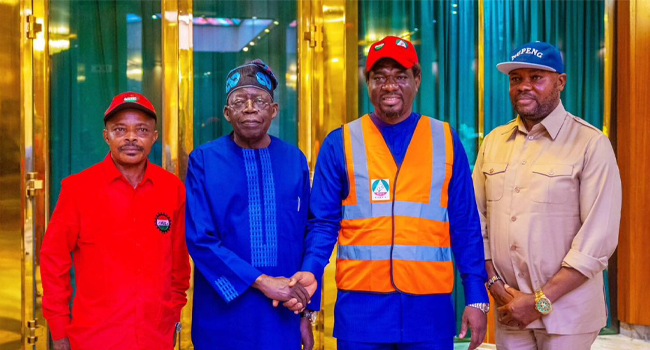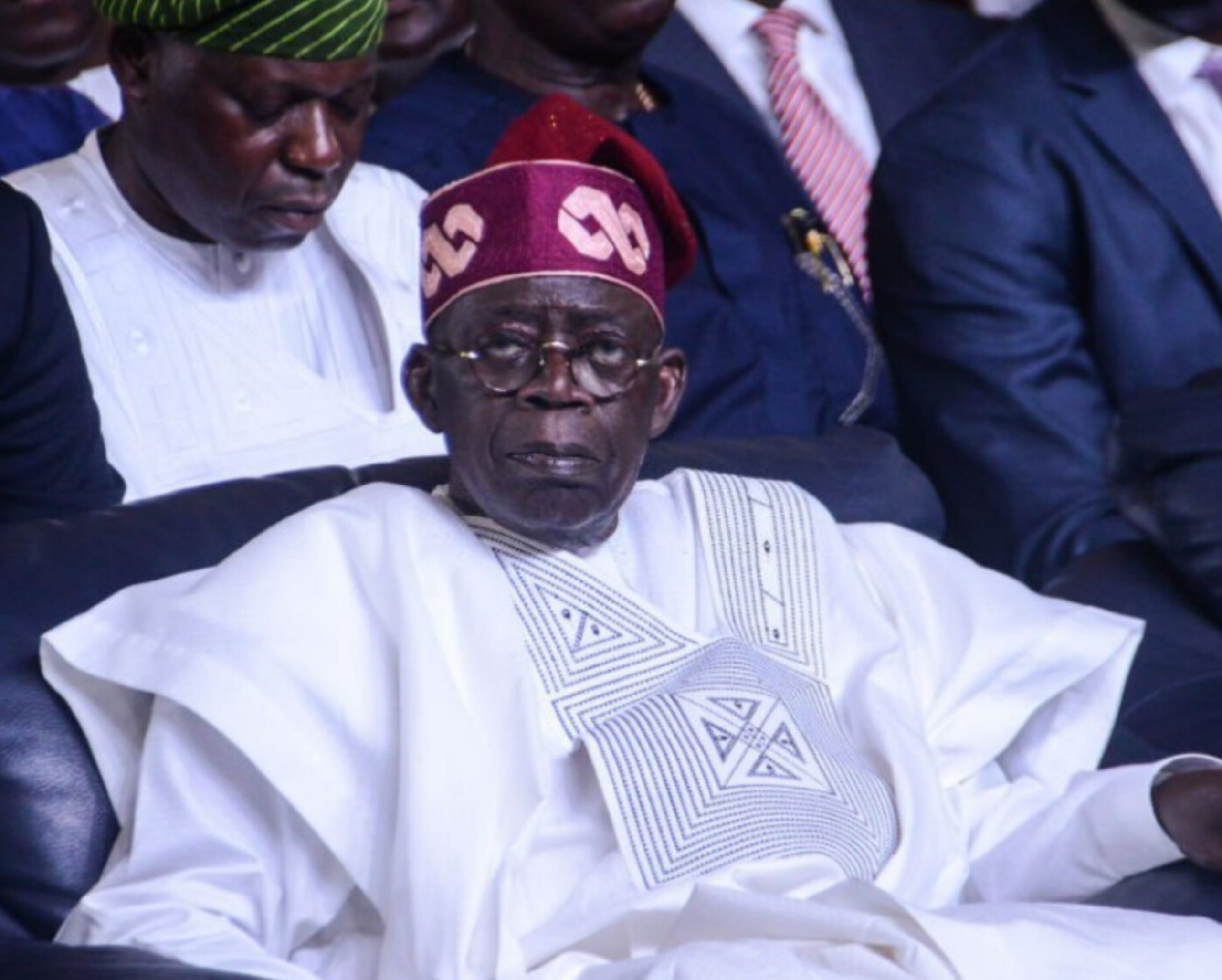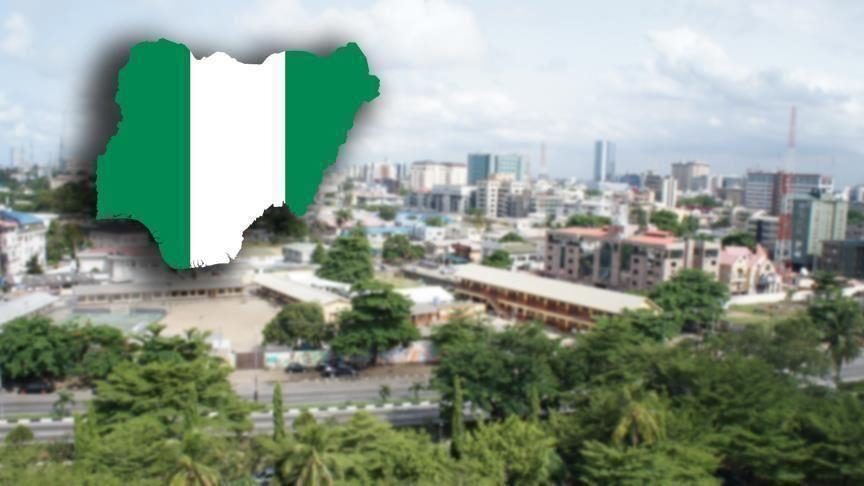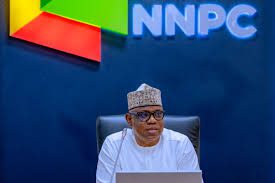The Nigerian President, Bola Tinubu has promised to henceforth review the national minimum wage law every three years following the approval of N70,000 as minimum wage for Nigerian workers.
Minister of Information, Mohammed Idris made the announcement at the Presidential Villa in Abuja, on Thursday.
The minister declared that the agreement was reached at a meeting between President Bola Tinubu and the leaders of the Nigeria Labour Congress (NLC) and the Trade Union Congress (TUC) on Thursday in Abuja.

“We are happy to announce today (Thursday) that both the Organised Labour and the Federal Government have agreed on an increase on the N62,000 minimum wage. The new national minimum that Mr President is expected to submit to the National Assembly is ₦70,000,” an elated Idris told State House correspondents.
NLC President Joe Ajaero, TUC boss Festus Osifo, Labour Minister Nkiruka Onyejeocha, and other officials from both sides flanked the minister.
Ajaero confirmed that ₦70,000 was what they arrived at on the issue of the minimum wage.
He also indicated that part of the discussion was that the minimum wage would no longer wait till after five years to be reviewed. According to him, the agreement was that the minimum wage would now be reviewed every three years.
Ajaero pointed out that the Organised Labour would consult with their members on the ₦70,000 benchmark.
“We were here last week. And we are here now. What they have announced in terms of the amount of ₦70,000 happens to be where we are now. But the thing about it is that we will not wait for another five years to come and agree,” Ajaero said.
On her part, Onyejeocha said Tinubu had also directed the Ministers of Finance and Budget, Wale Edun and Atiku Bagudu, respectively, to work out modalities on how to settle the issues with the Senior Staff Association of Nigerian Universities (SSANU) and the Non-Academic Staff Union of Educational and Associated Institutions (NASU).
The “agreement” between the two sides followed series of talks between labour leaders and the President in the last few weeks after months of failed talks between labour organs and a tripartite committee on minimum wage constituted by the President in January.
The committee, which comprised state and federal governments and the Organised Private Sector, had proposed ₦62,000 while labour insisted on ₦250,000 as the new minimum wage for workers who currently earn ₦30,000 as minimum wage.
Labour had explained that ₦30,000 was unable to take any worker home going by the economic vagaries of inflation and high cost of living which followed the removal of petrol subsidy by the President.
Recall, the President met with labour leaders last Thursday when he called for realistic expectations as regards minimum wage. “You have to cut your coat according to available cloth.
“Before we can finalise the minimum wage process, we have to look at the structure,” Tinubu had said.
In his Democracy Day speech on June 12, 2024, the President said that an executive bill on the new national minimum wage for workers would soon be sent to the National Assembly for passage.
The information minister confirmed on Thursday that the ₦70,000 “agreed” amount would be communicated to the National Assembly in the coming days.




